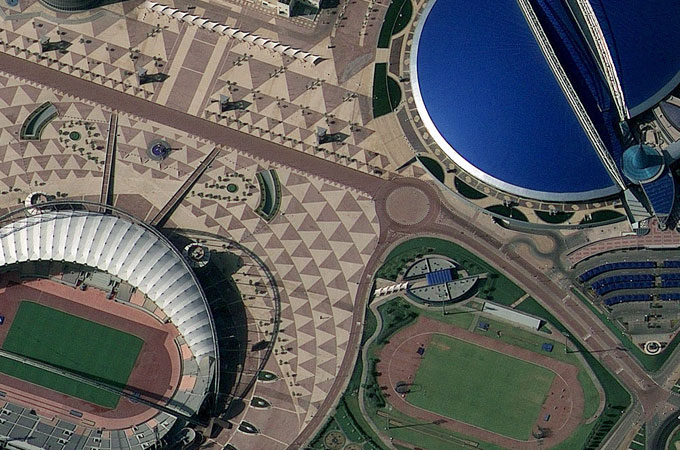While the swimming club has hailed the move as a "recipe for integration", politicians and commentators have criticised the concept as being against Danish values.
The girl-only sessions, which also take place with windows and doors to the swimming hall blacked out, were set up in response to religious and cultural requirements put forward by parents, reports Berlingske.
The newspaper reports that 246 girls of non-Danish ethnic origin between the ages of five and 12 have begun attending swimming lessons at the hall since the sessions were introduced.
“We have gone from zero to several hundred girls in three years, and have successfully established a swimming option for a specific group, which would otherwise find swimming difficult to access because of religion,” Lars Sørensen, the director of Hovedstadens Svømmeklub (HSK), told Berlingske.
A 2011 report by the Danish Sports Association (Dansk Idrætsforbund) showed that 28 percent of ethnic Danes were members of sports clubs, compared to 18 percent of non-ethnic Danes.
Sørensen told Berlingske that encouraging young Muslim girls to take part in sport - while keeping with their own religious practices - strengthens both physical wellbeing and integration amongst the girls.
“Many of these girls come here and meet role models from their own neighbourhoods standing on the poolside in the coach’s jersey,” said Sørensen. “At the same time, they learn to swim, which gives safety, fitness and well being.”
Sørensen added that the club did not consider the introduction of segregated lessons an extraordinary measure.
“It is just a condition [for taking part], just as some people swimming in 50 metre lanes and others swimming in 25 metre lanes,” the pool trainer told Berlingske.
“We are the second biggest sporting association in the country, so we think it’s our responsibility to offer a considered range of swimming lessons,” he added.
But the City of Copenhagen's deputy mayor for culture and leisure, Carl Christian Ebbesen of the Danish People’s Party (DF), told Berlingske that creating segregated swimming sessions for Muslim girls was bad for integration and “destructive” for Danish culture.
“It is completely crazy to meet these demands. There is a desperately short supply of swimming pools, so we shouldn’t be closing them down by putting curtains in front of the windows and signs saying ‘just for girls’ just to meet the demands of religious fanatics,” Ebbesen said.
The DF politician said that Muslim girls were welcome to take part in sports clubs, but that this must be done on the same basis as everybody else.
“We must go to the parents via our integration policies and explain to them that we cannot meet their special requirements,” Ebbesen told Berlingske.
“They must send their girls to sport and other activities like everyone else. Every time we meet these demands, we are destroying the society we’ve worked so hard for,” he continued.
Rikke Lauritzen of the left-wing Red-Green Alliance (Enhedslisten), who is responsible for municipality financial support for community projects in Copenhagen, said that Ebbesen should “relax a little bit” and called the swimming initiative “super cool”.
“The most important thing for me is to get children from all backgrounds involved in clubs and associations of all kinds, so that they can be part of the democratic development process that this entails,” Lauritzen told Berlingske.
“It’s super cool, that so many children have begun swimming in Tingbjerg, because it shows that it works when we provide funds for development. I would therefore like to congratulate HSK on its success,” she continued.
Lauritzen also pointed out that single-sex swimming lessons are not an extraordinary sight.
Source: http://www.thelocal.dk/20160427/muslim-girls-only-swimming-sessions-ripple-danish-waters













